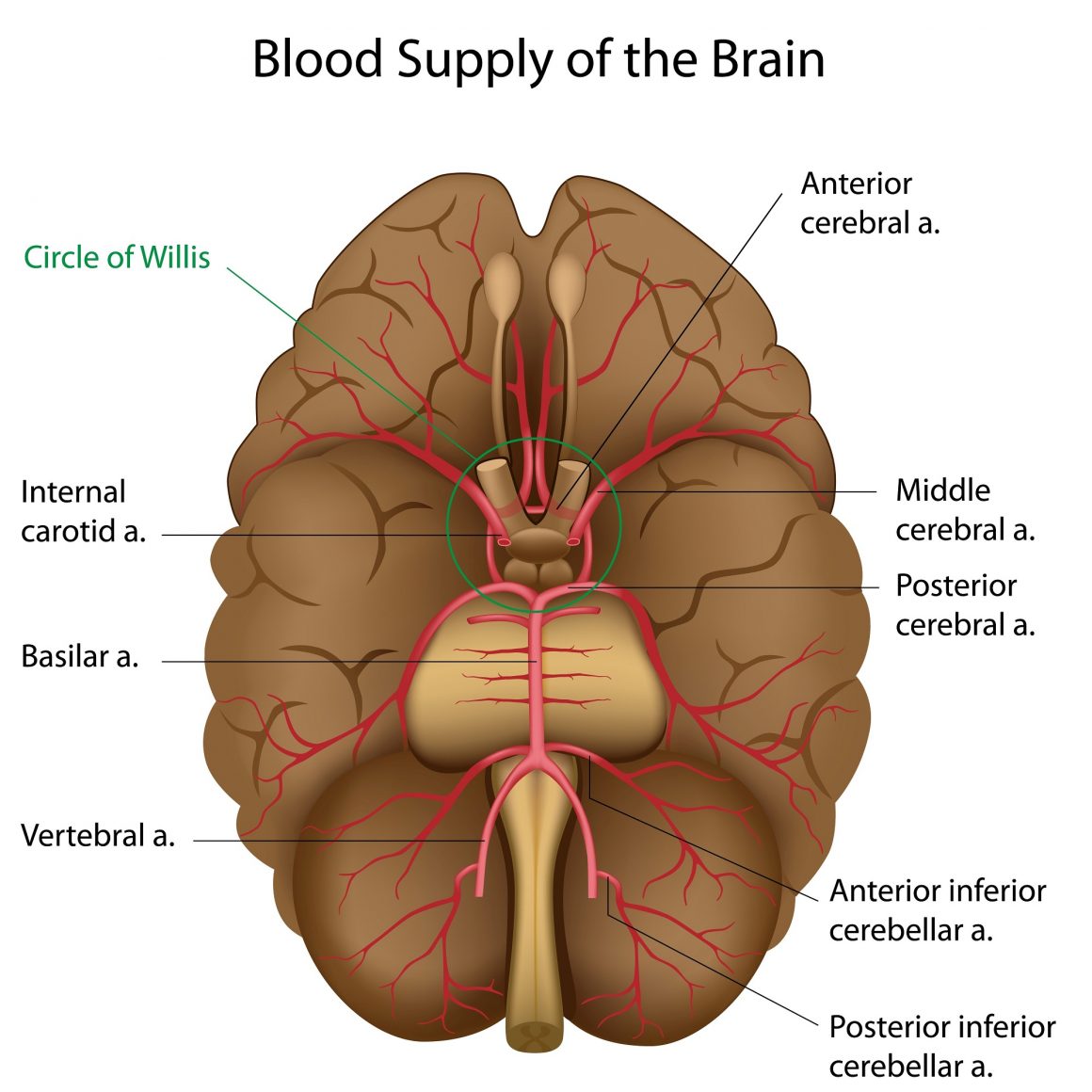It’s long been established that learning another language has benefits beyond just cultural understanding and being able to connect with a greater number of people. Learning another language, as it turns out, is also beneficial for your brain and may have an effect on how neurodegenerative conditions develop.
Recent research suggests that learning a new language increases the robustness of the brain’s infrastructure, which increases blood flow, enhances the activity of neurons and causes more of the brain to be used. In theory, this creates more areas of the brain that can control aspects of executive function and attention span, two areas severely affected by conditions such as dementia. The increase in healthy function allows the brain to then deal with dysfunction in other areas of the brain more effectively.

A study published in the journal Neurology suggests that this may actually delay the symptoms of dementia from developing by as much 4.5 years. This was true of both vascular dementia and Alzheimer’s disease.
Another study from Concordia University found that multilingual people suffering from mild cognitive impairment and Alzheimer’s disease had a thicker cortex around the brain and higher gray matter density than monolinguals.
Building a Cognitive Reserve
The activation of more brain power helps the brain find alternative methods for completing a task. This is also referred to as building a cognitive reserve. This can be done through brain exercises, but learning a new language is among the most effective methods.
The effect may or may not be compounded depending on the research you look at. A study found in PLOS One looked at the effects of being multilingual in people who showed early signs of cognitive impairment but had not been diagnosed with dementia yet. Researchers found that participants who practiced more than two languages had up to seven times the protection against cognitive decline as did those who used only two languages.

With age, the brain gradually experiences atrophy, losing brain volume both overall and in specific areas. This process has been tied to decreases in cognitive functioning.
A group of researchers studied how brain volume of bilinguals compared to that of monolinguals. They found that volume of both gray matter and white matter in the brain was larger in those who were bilinguals.
Other studies have demonstrated that an increase in gray matter was also found for those whose second language is not a spoken one, such as sign language.
It seems that the brains of bilingual populations is able to process tasks differently as well. Research suggests that a bilingual person’s brain is more efficient at processing information regarding tasks and is better able to ignore distractions.
Do You Need to be Fluent?
Science around bilingualism and brain health is still developing as it is relatively new. But the results attained thus far show that proficiency in a language does matter. Simply knowing a few phrases isn’t going to help ward off cognitive decline or help build cognitive reserves.
It’s easier for people who have been bilingual throughout their lives or have learned enough to use the language on a regular basis to see tangible benefits from being bilingual than it is for an older adult just starting out.
